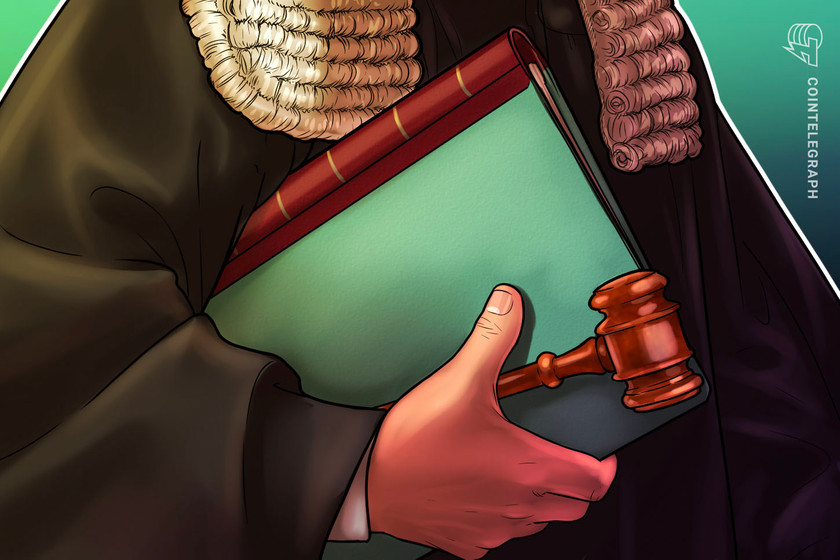Bitcoin price holds its ground in the wake of CFTC case against Binance


BTC options and derivatives markets seem unfazed by the CFTC’s recent action against Binance, but is that a good or a bad sign?
The price of Bitcoin (BTC) fell 3.6% to $26,900 after Binance and CEO Changpeng “CZ” Zhao were sued by the United States Commodity Futures Trading Commission on March 27. To date, Binance has been investigated by the CFTC, Securities and Exchange Commission, the Internal Revenue Service and federal prosecutors.
The Bitcoin price correction may have been limited due to Silicon Valley bank’s successful asset sale to First Citizens BancShares at a $16.5 billion discount, which received an extraordinary credit line from the Federal Deposit Insurance Corporation to compensate for potential future losses.
Oil prices also increased by 5% on March 27 after Russian President Vladimir Putin escalated geopolitical tensions in Europe. As reported by Investing.com, Russia plans to station tactical nuclear weapons in neighboring Belarus, in a move designed to intimidate opposing countries over their support for Ukraine.
Further tension from the crypto industry arose after a U.S. Federal Judge decided to temporarily halt the proposed sale of Voyager Digital to Binance.US. on March 27. Judge Jennifer Rearden of the U.S. District Court in New York granted the request for an emergency stay.
Let’s examine Bitcoin derivatives metrics to determine the current market position of professional traders.
Bitcoin futures show no impact from the CFTC–Binance case
Bitcoin quarterly futures are popular among whales and arbitrage desks, which typically trade at a slight premium to spot markets, indicating that sellers are asking for more money to delay settlement for a longer period.
As a result, futures contracts on healthy markets should trade at a 5%–10% annualized premium — a situation known as contango, which is not unique to crypto markets.


The Binance news had no effect on the Bitcoin futures premium, despite the fact that the exchange holds 33% of the $11.2 billion open interest. The two-month contract premium is 3.5%, which is less than the neutral 5% threshold. Had there been some panic selling using leverage futures contracts, the indicator would have quickly moved to zero or even negative.
The absence of demand for leverage longs does not necessarily imply a price decline. As a result, traders should investigate Bitcoin’s options markets to learn how whales and market makers value the likelihood of future price movements.
Bitcoin options traders remain slightly optimistic
The 25% delta skew is a telling sign showing when market makers and arbitrage desks are overcharging for upside or downside protection. In bear markets, options investors give higher odds for a price dump, causing the skew indicator to rise above 8%. On the other hand, bullish markets tend to drive the skew metric below -8%, meaning the bearish put options are in less demand.


The 25% skew ratio stands at -5, indicating that the protective put options are trading at a slight discount, confirming the Binance news’ irrelevance. More importantly, the CFTC action had no effect on the 25% skew, so whales and market markets are not pricing in any meaningful market structure change.
Related: Bitcoin price will hit this key level before $30K, survey says
What doesn’t kill you makes you stronger
The fact that derivatives indicators were barely impacted could be the “remote misses” effect, as analysis and pundits evaluate the odds of Binance and CZ getting anything more than a million-dollar fine and some term of conduct adjustment.
This type of psychological distortion was first observed in London during World War II when survivors who did not face imminent losses became even more confident and less likely to feel traumatized.
It appears unlikely that the market will price in higher odds of extreme volatility until those whales and arbitrage desks face more than a 3.5% price correction.
This article does not contain investment advice or recommendations. Every investment and trading move involves risk, and readers should conduct their own research when making a decision.
The views, thoughts and opinions expressed here are the authors’ alone and do not necessarily reflect or represent the views and opinions of Cointelegraph.




















